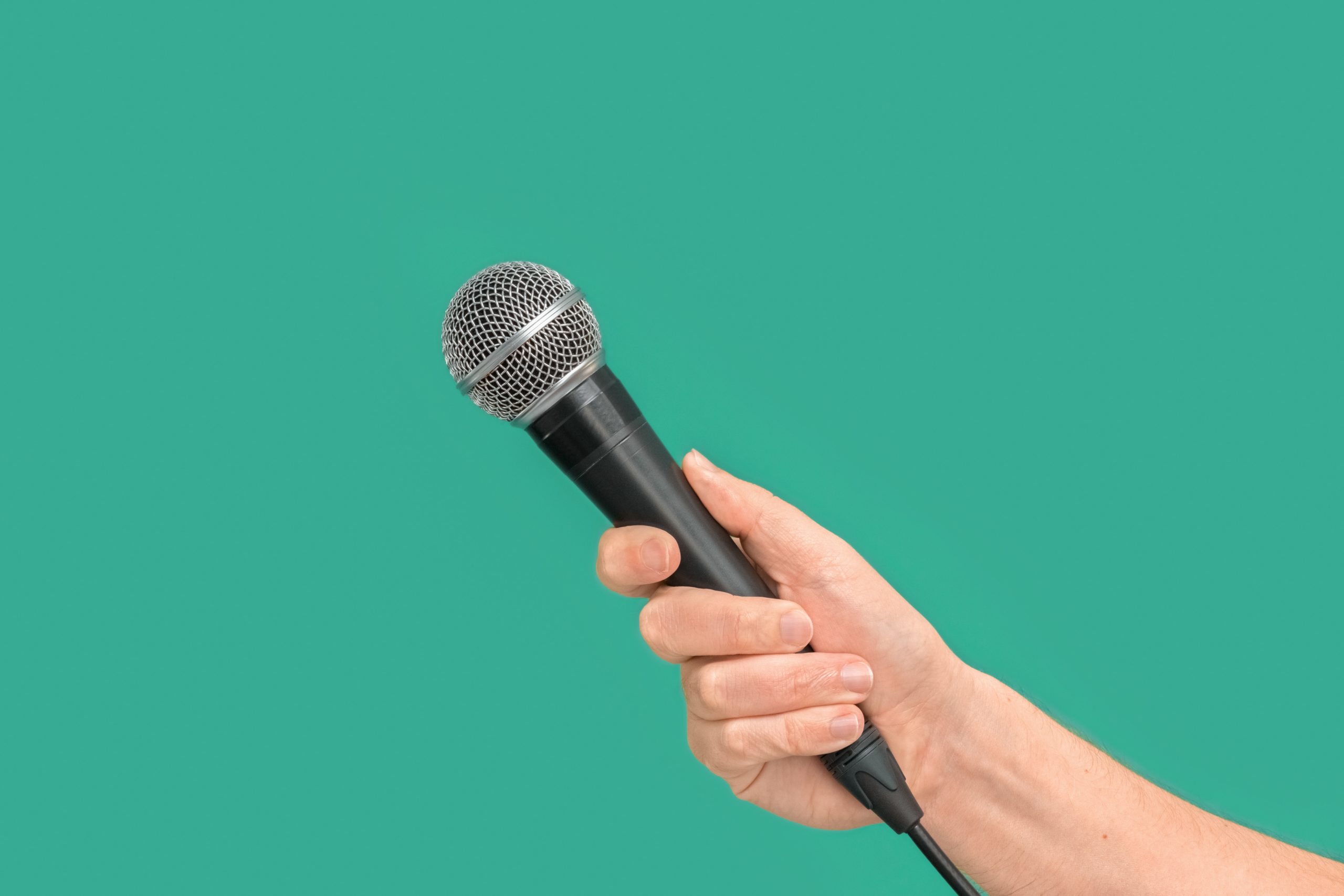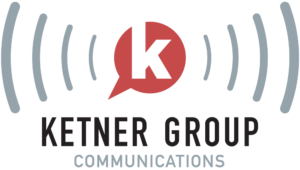If your company has ramped up its public relations and marketing program, chances are, your company has been asked to take media interviews.
Whether this is the spokesperson’s first time or their 100th time to take a media interview, their ability to successfully drive the interview is critical to achieving the desired coverage.
When it comes to media interviews, each spokesperson must find their own unique style. After all, a journalist is typically reaching out to a particular spokesperson because they need a subject matter expert. Therefore, exuding confidence and knowledge during the interview process is a must.
Tips for nailing the interview
Though each spokesperson should have their own unique interview style, there are a few things you can do prior to the interview to prepare and nail the talking points.
Do your research
Just as the journalist did his/her research before reaching out, the spokesperson should do the same. Getting to know the journalist’s reporting style will help the spokesperson provide relevant points during the interview. Doing the research will also provide the spokesperson with additional fodder to create a connection with the journalist during their chat.
Keep in mind that journalists receive more than 100 emails a day and take about 3-5 interviews on a daily basis. Therefore, ensuring that you are providing a differentiated point of view and unique data points, will help the journalist explore different angles to the story they are working on.
As well, if you are currently working with a PR agency, the agency should work to gather sample questions ahead of time and provide the spokesperson with a media profile that highlights the journalist’s experience to help the spokesperson prepare.
Talk it out
Keep in mind that the interview can happen in a variety of ways; via phone, in-person, podcast recording or over live broadcast. We recommend having the spokesperson undergo a mock interview training process to identify areas of improvement and hone their unique interview style.
Keep in mind that public speaking is not everyone’s forte and therefore, practice makes perfect. Having the spokesperson run through several mock interviews that go over the nuances of all these forms will only help the spokesperson perfect their style.
For example, if the spokesperson plans to do a live broadcast interview, taping the person during the mock interview process and then reviewing the tape will help the spokesperson identify areas of improvement in clarity, tone and body language. This will help the spokesperson ace the 15-30 second segment that will eventually make it on air.
This will help avoid the scenario Ricky Bobby from Talladega Nights found himself in when being interviewed live and he kept raising his hands up to his face, saying to the broadcaster, “I don’t know what to do with my hands.” With a little practice, you can avoid this problem during your spokesperson’s interview process.
During the interview
It’s go time! As your spokesperson speaks to the journalist remind them that everything they say to them should be deemed “on the record.” Key tips to keep in mind include:
- Provide soundbites. Remember that the journalist may only use a portion of the interview in their story. Therefore, ensure that your comments quickly relay the key messages you want to be published.
- Provide unique data points, numbers and statistics that you can reference publicly.
- Be energetic, honest, transparent and yourself.
- Do not answer a question you do not know. It’s ok to not know the answer to every question.
- Do not comment on speculation.
- Do not name any customers that you cannot reference publicly.
After the interview
As the term states, media relations is about building a relationship with each media contact. Therefore, ensure your spokesperson connects with the journalist to thank them for the interview. Additionally, connecting with the journalist via Twitter and LinkedIn will not only help the spokesperson keep the relationship going with the journalist, but will also help to keep a pulse on their ongoing coverage.
As we’ve mentioned before, practice makes perfect! If you have an upcoming media interview, now is the time to start preparing. Utilize the above helpful tips to get started, but don’t be afraid to call in the pros once your program really takes off!

